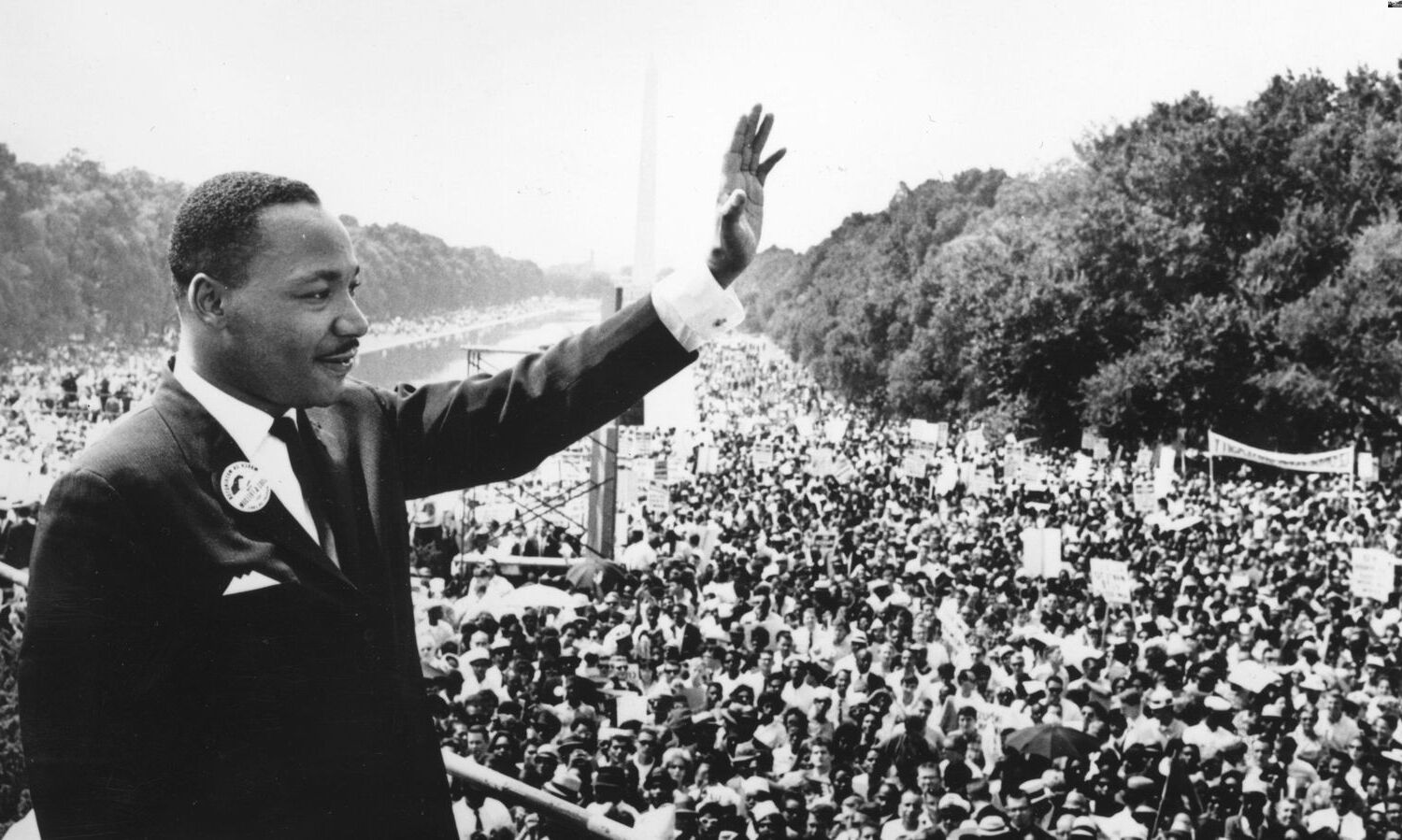
Martin Luther King Jr. is a name that resonates with courage, justice, and equality. But how much do you really know about this iconic figure? Born on January 15, 1929, in Atlanta, Georgia, King became a pivotal leader in the American civil rights movement. His powerful speeches and nonviolent protests aimed to end racial segregation and discrimination. Did you know he was the youngest person to receive the Nobel Peace Prize in 1964? Or that his "I Have a Dream" speech, delivered during the 1963 March on Washington, remains one of the most influential addresses in history? Dive into these 23 facts to uncover more about the man who changed the course of American history.
Early Life and Education
Martin Luther King Jr. was a pivotal figure in American history. His early life and education shaped his path to becoming a leader in the civil rights movement.
- Martin Luther King Jr. was born on January 15, 1929, in Atlanta, Georgia.
- His birth name was Michael King Jr., but his father changed both their names to Martin Luther King in honor of the Protestant Reformer Martin Luther.
- King skipped two grades in high school, entering Morehouse College at the age of 15.
- He earned a Bachelor of Arts degree in sociology from Morehouse College in 1948.
- King later attended Crozer Theological Seminary in Pennsylvania, where he graduated with a Bachelor of Divinity degree in 1951.
- He earned his Ph.D. in systematic theology from Boston University in 1955.
Civil Rights Leadership
King's leadership in the civil rights movement was marked by his commitment to nonviolent protest and his ability to inspire others.
- King became pastor of the Dexter Avenue Baptist Church in Montgomery, Alabama, in 1954.
- He led the Montgomery Bus Boycott in 1955 after Rosa Parks was arrested for refusing to give up her seat to a white person.
- The boycott lasted 381 days and ended with the Supreme Court ruling that segregation on public buses was unconstitutional.
- King was a founding member of the Southern Christian Leadership Conference (SCLC) in 1957, which aimed to harness the moral authority and organizing power of black churches.
- He delivered his famous "I Have a Dream" speech during the March on Washington for Jobs and Freedom on August 28, 1963.
- King was awarded the Nobel Peace Prize in 1964 for his efforts to combat racial inequality through nonviolent resistance.
Personal Life and Challenges
Despite his public success, King faced numerous personal challenges and threats throughout his life.
- King married Coretta Scott on June 18, 1953, and they had four children together.
- He was arrested 29 times during his civil rights activities.
- King survived an assassination attempt in 1958 when a woman stabbed him in the chest with a letter opener.
- He faced constant threats to his life and the lives of his family members.
- King struggled with depression and the immense pressure of his leadership role.
Legacy and Impact
King's legacy continues to influence movements for justice and equality around the world.
- Martin Luther King Jr. Day was established as a federal holiday in the United States in 1983, observed on the third Monday of January each year.
- King's "Letter from Birmingham Jail," written in 1963, is considered one of the most important documents of the American civil rights movement.
- The Martin Luther King Jr. Memorial was dedicated in Washington, D.C., in 2011.
- King's work inspired the Civil Rights Act of 1964 and the Voting Rights Act of 1965, landmark legislation that ended segregation and protected voting rights.
- His philosophy of nonviolence influenced global leaders such as Nelson Mandela and Mahatma Gandhi.
- King remains a symbol of the fight for justice, equality, and human rights, inspiring new generations to continue his work.
Reflecting on Martin Luther King Jr.'s Legacy
Martin Luther King Jr.'s impact on civil rights and social justice remains profound. His commitment to nonviolence, powerful speeches, and tireless activism continue to inspire people worldwide. From his leadership in the Montgomery Bus Boycott to his iconic "I Have a Dream" speech, King championed equality and justice for all. His efforts led to significant legislative changes, including the Civil Rights Act of 1964 and the Voting Rights Act of 1965.
King's legacy teaches us the importance of standing up against injustice, advocating for peace, and believing in the power of collective action. His life reminds us that change is possible through perseverance and unity. As we reflect on his contributions, let's continue to honor his memory by striving for a more just and equitable world.
Was this page helpful?
Our commitment to delivering trustworthy and engaging content is at the heart of what we do. Each fact on our site is contributed by real users like you, bringing a wealth of diverse insights and information. To ensure the highest standards of accuracy and reliability, our dedicated editors meticulously review each submission. This process guarantees that the facts we share are not only fascinating but also credible. Trust in our commitment to quality and authenticity as you explore and learn with us.


